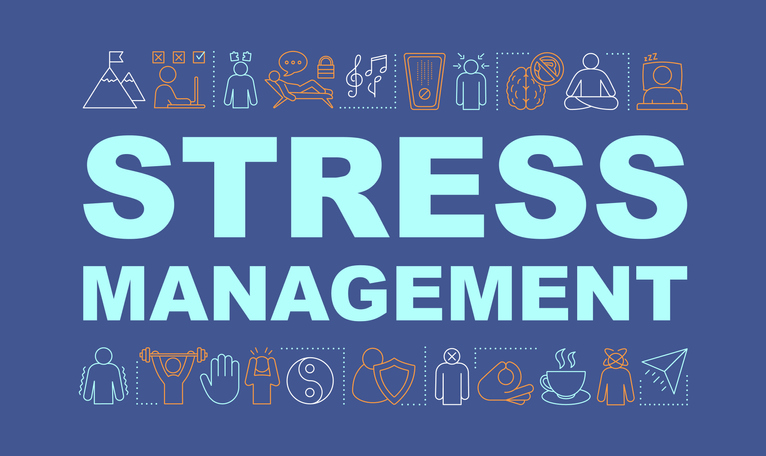Wellness
Action-Oriented Approaches to Stress Management

There are various approaches to effective stress management, or the practice of limiting stress and reducing its effects on the mind and body. One way to approach stress management is an action-oriented approach. This approach is most useful when facing a stressful situation that can be changed by taking action.
When taking action to change a stressful situation, the situation can improve, lowering stress levels. Taking action can also lead to positive feelings of empowerment and control. Here are some examples of action-oriented approaches to stress management:
Delegating
When many tasks need attention, it is nearly impossible for one person to complete them all, especially when dealing with a chronic illness or chronic pain. Taking on too many responsibilities can lead to stress. Delegating tasks, such as asking a family member to help with the cooking, asking a coworker to help with part of a project, or even hiring a cleaning service to help around the house, can help reduce stress levels.
Setting boundaries
Everyone has limited amounts of time, energy and resources. Setting personal boundaries helps prevent overextension, which can increase stress levels. Once boundaries are set, it is important to say “no” to requests or activities that go beyond those boundaries. Although it can be difficult to say “no,” it is an essential part of stress management.
Relaxing standards
Stress can be self-imposed when personal standards are set too high. Relaxing personal standards can reduce stress. Expecting perfection during any task is an impossible goal. For example, cleaning the entire house well enough to pass a white-glove test is unrealistic. A relaxed standard would involve cleaning the most frequently-used rooms in the house so that they are sanitary and relatively clutter-free to promote a safe and calming environment. This relaxed standard is achievable.
Managing time
Failing to effectively manage time can lead to unfulfilled obligations, sleep deprivation, and lack of self-care, which can all contribute to stress. Effective time management involves prioritizing the most important or time-sensitive tasks and deferring less critical tasks for a less hectic time. Making realistic schedules and to-do lists, including time for adequate sleep, relaxation, self-care, and time with friends and family, is an important component of stress management.
Being assertive
Asserting personal needs, feelings, opinions, and beliefs when interacting with others is important. Being too passive can lead to unfulfilled needs and feeling unvalued. It’s important not to cross the line between being assertive and aggressive.
Avoiding
Certain stressful situations can be avoided. Oftentimes, making a simple change, such as grocery shopping during non-peak hours, staying away from a coworker with a negative attitude, or taking a back road to avoid traffic, can reduce stress.
Problem solving
If it is not clear what action to take in response to a stressful situation, problem-solving steps are helpful. Problem-solving steps include the following:
- Describing the problem or stressful situation in detail
- Brainstorming options for improving or solving the problem
- Making and then executing an action plan
Using an action-oriented approach to stress management may not completely eliminate a stressful situation, but it will likely reduce stress levels. An action-oriented approach can also be combined with other approaches to stress management, such as an emotion-oriented or acceptance-oriented approach to further reduce stress.


















